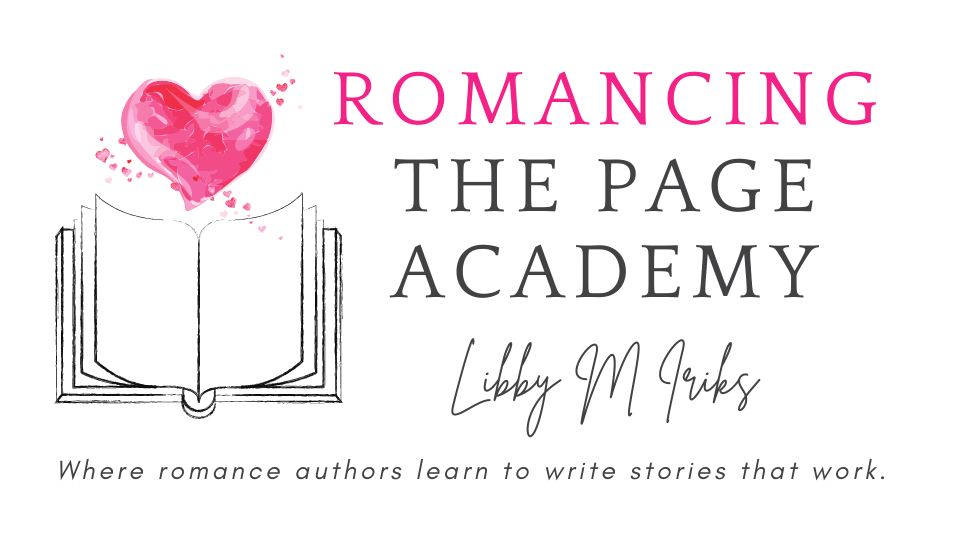What are the benefits of knowing my story’s themes?
Knowing your story’s themes, even this early in the story-writing process, can help you to:
- Determine what your protagonist will be working towards.
- See the shape of your story, otherwise known as its narrative arc.
- Construct meaningful conflict to challenge your protagonist.
- Figure out the lesson your protagonist needs to learn in order to achieve their goal.
- Find the heart of the story — the message you want to share with the world.
Given all these benefits, doesn’t it make sense to explore your story’s theme before you start writing? Letting it evolve as you write is all well and good, but it’s an approach that might result in many wasted words. That lightbulb moment might not happen until after you’ve written the very last word, so when you finally understand what your story is actually about, you have to go right back to the beginning and start all over again.
Don’t get me wrong; I’m not saying that developing your story’s theme from the beginning will result in a perfect first draft, but it will be a lot stronger than if you gave the story’s theme no thought at all.
Interestingly, writers often end up exploring the same few themes in the stories they write, so focusing on this element of your stories can help you learn about who you are as a writer. And having a sound understanding of your writer’s identity can help you market yourself to publishers and readers: “I’m an author who writes about [insert themes here].” In a similar way, publishers promote titles to booksellers by communicating their themes.
